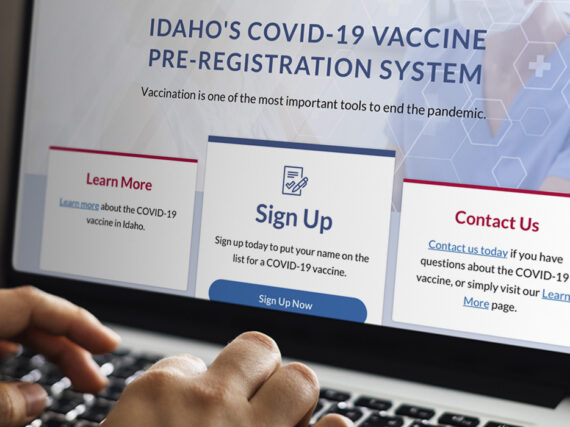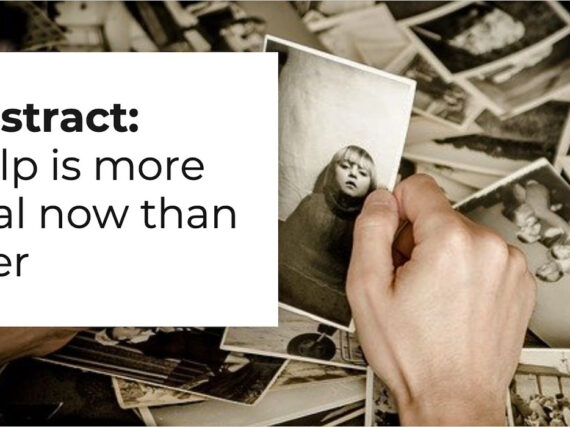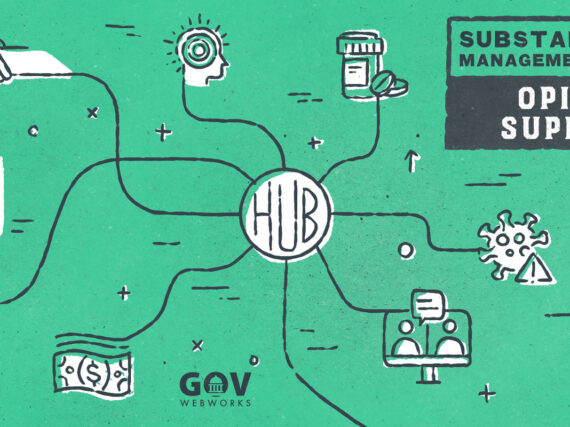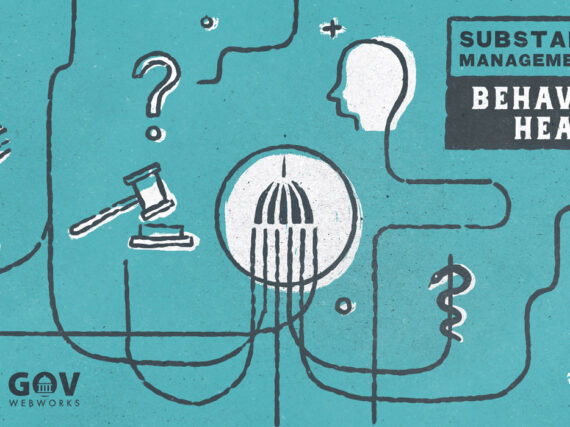We spoke with the Maine Development Foundation last week about Strategies for Economic Stability. Now we’re following up with Maine Community Foundation’s vice president of philanthropy, Laura Young, on ways community funding can support the social sector and the economy.
“We’ll see quite a bit of federal funds spill in,” Yellow Light Breen of Maine Development Foundation (MDF) said when we asked about economic stimulus in the wake of Covid-19. “But we’ll need private sector support to make it a true partnership.”
This is where Maine Community Foundation (MCF) comes into play. Since 1983, MCF has worked with private donors and business partners on a mission “to improve the quality of life for all Maine people.” Areas of focus include support for children and older people, programs around education and racial equity, and seed money for entrepreneurs and innovators…And now, Covid-19 relief.
Donor-advised funds to the rescue
“In total, MCF donor-advised funds have made $6 million in grants since mid March, including $2.7 million for Covid-19 relief,” Young says. “It’s amazing to be able to help in this way thanks to the generosity of so many people.”
MCF was able to step up quickly thanks to the support of its donor-advised fund model, which helps philanthropic individuals make advised choices on how to support nonprofits in Maine and beyond. According to Young, about 40 percent of the assets at MCF come from these funds. Some donations are designated for specific purposes, while others can be put where ever there is the most need, such as relief for Covid-19.
“A year ago, no one would have thought about creating a fund for Covid-19,” Young explains. “But a donor contributed unrestricted dollars to MCF through their will, so we were able to use that $500,000 as seed money to start the Covid-19 Emergency Response Fund.”
“Governor Mills then promoted the fund in a press conference and on the state website as a way to help,” Young says. “This brought in an additional donations, along with advised-fund donors and others, that now total nearly $2 million.”
As of May 20, MCF has distributed $1.2 million to 130 Maine nonprofits from the Covid-19 Emergency Response Fund, as reported in the Portland Press Herald.
211 Maine gets a leg up
Other donor-advised fund initiatives have been in place before Covid-19. Last year, an anonymous donor-advised funder approached Young with the idea for an online database where Mainers could access resources for child care, food insecurity, and other needs.
Young had heard of just such a database managed by United Way in conjunction with 211 Maine. In her role connecting donors with projects, Young reached out to 211 Maine and found they were looking to update their database.
“Then 211 Maine put together a proposal, the donor-advised fund supported it, and Portland Webworks is building it,” Young explains.
United Way and 211 Maine engaged our parent company, Portland Webworks (PWW), to update the user experience and visual design associated with the interactive online service directory. According to the discovery report by our team, “the existing service directory tool was not very easy to use and lacked efficacy in connecting citizens with the services they needed.”
To build a more user-friendly directory, PWW engaged in user research with stakeholders and users of the current tool. The resulting insights and feedback helped to clarify the usability issues so our team could propose solutions to make the directory easier to use in times of crisis.
In March, 211 Maine began receiving increased calls for help as a result of the pandemic. Our team was able to prioritize the project to deliver a new search interface three months ahead of schedule. Now in the final stages of development, the new directory will be available in June so Mainers can quickly find the local resources they seek.
Partnering for adult learners
As mentioned by MDF in the previous post, a key strategy for economic recovery from Covid-19 job losses is the up-skilling and retraining of dislocated workers. This focus on adult learners has resulted in Maine Adult Promise and its online Hub and Navigator Network that provide resources and assistance so adults can learn new skills.
“Higher education support has been one of our longest partnerships with Maine Development Foundation,” Young says. “The Maine Compact for Higher Education, founded by MDF and MCF, laid the groundwork for MaineSpark and Maine Adult Promise, which is a collaborative of public and private higher education organizations.”
MCF provides funding for Adult Promise scholarships for adult learners who want to go back to school. Young says they also support emergency funds that public colleges can offer adult learners to cover the extra expenses that are holding them back from finishing a degree. This might include assistance with child care, transportation, and bills.
Apply now
The good news is that, thanks to donors and organizations like MCF, community funding is available to help those in need due to Covid-19 and other setbacks. MCF connects the dots between willing donors and nonprofits. Whether it’s funding to update a website, scholarships for adult learners, or other immediate needs, numerous ongoing grants are available for nonprofits in Maine.
“I encourage nonprofits to go directly to the MCF website to find the competitive program that fits them and apply,” Young says. “We share the applications with the donor-advised funders directly, and we have an online database where donors can search for the proposals that resonate.”
There’s no telling who might step up with support. We’re rooting for the success of MCF, MDF, and other nonprofit organizations that are the life blood of Maine’s unique and vibrant culture.
Learn more
- Strategies for Economic Stability: Maine Development Foundation promotes support for leaders, dislocated workers, and Main Street, GovWebworks
- Covid Resources: Resources, Updates, Initiatives, and Adaptations from Maine Development Foundation
- Contact us to learn more about online service directories







